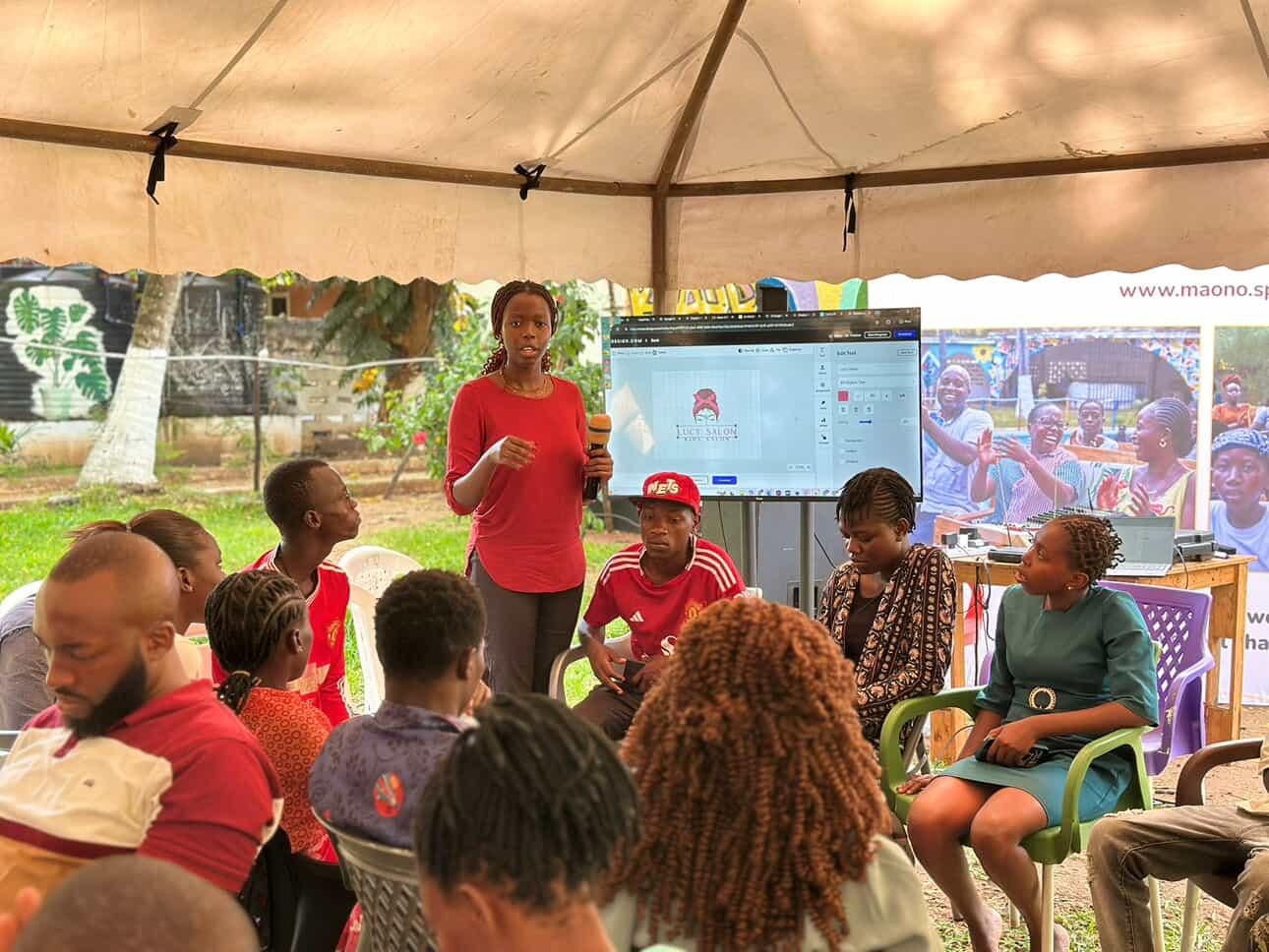At the Open Institute, we have grown to believe that the power to fight inequality in all its forms lies in people. It is in people that the possibility of wide acceptance and tolerance abides. It in people that the ability of the world to change and find its better self lies.
It is for this reason that our focus is increasingly on people. We started out with an almost puritan focus on data as a conduit, as a means to development, transparency and accountability. We started out believing, like many techies do, that the next shiny mobile application, the next platform or portal that we develop would cause people to access information easily and therefore cause them to change.
Over time we have become cynical of these ideas. Indeed, technology has changed the ways in which people interact with each other, the ways that transactions are done, the ways that wealth is created and distributed. But as things have become more magical so have they become more tragic.
As people have become more savvy, so has the distance between those who know how to manage and navigate these new systems and those who struggle to find information. In essence as more information comes to light, more people live far from it.
In Kenya, a one hour drive outside of any of our cities portrays this incredible contrast – between people who live in technology and people who are terrified by it. It shows well the difference between people who make memes out of the flour and milk costs and those who have no capacity to appreciate the humour in those memes – so burdened are their lives.
Our pursuit is that of trying to bridge that gap – on the one hand to encourage government to use technology to publish data and make it freely available and accessible to anyone who may need it. On the other hand, to focus on people and find ways to make technology less threatening.
Perhaps the biggest lesson that we have learnt is that when people participate practically in matters governance, they are less daunted by these matters and therefore develop (1) a greater appetite to participate more and (2) a greater voice to shape agenda. When people collect data themselves on the things they care about, then their appreciation of the impact of data on their lives increases.
More and more, our focus is on people who live in villages and neighbourhoods, who live on the lee side of technology and data, because we believe that they can eliminate poverty and inequality, tackle climate change and for all intents and purposes, achieve the Global Goals.













